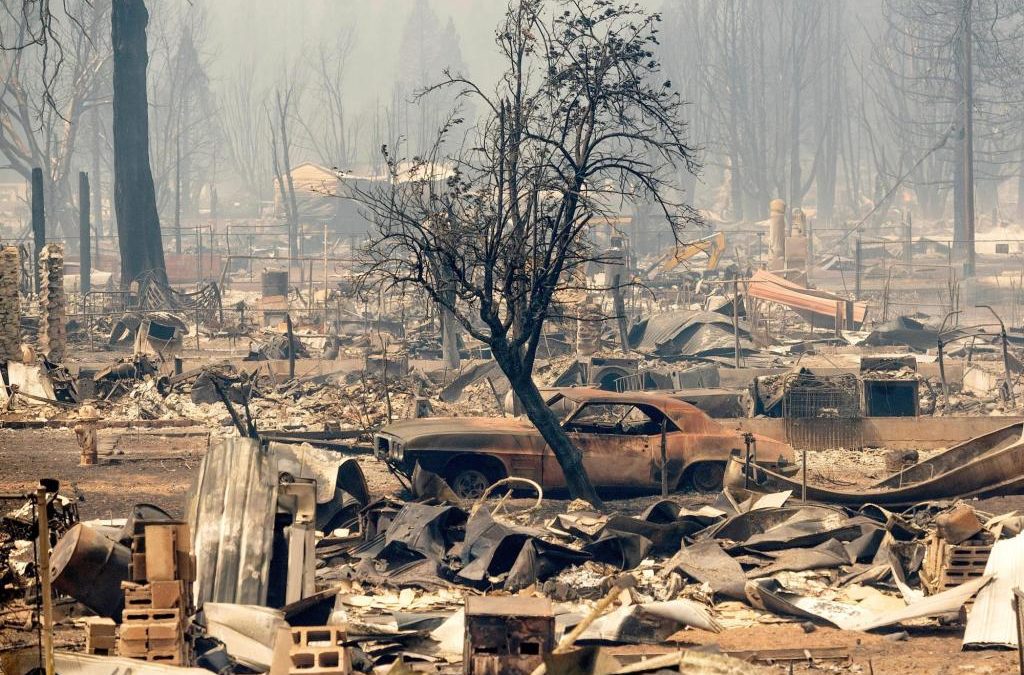Climate-driven heat waves, droughts, fires, floods and bad air already are causing damage that Colorado leaders say they cannot fully control — and a major United Nations scientific report released Monday warns all of these calamities inevitably will intensify over the next 30 years.
The impacts are obvious now, leaders said, with Interstate 70 still closed due to mudslides from the burn-scarred Glenwood Canyon and wildfire smoke from California prompting stay-at-home health advisories. But they remained hopeful that President Joe Biden’s proposed infrastructure overhaul and other federal funds over the next few decades can help residents endure.
“We’re scrambling. We have to prepare,” Fort Collins Mayor Jeni Arndt, a Democrat, said, referring to recent erosion that turned the Poudre River black and power outages. “People are going to be moving here. Maybe we’re going to be moving.”
The U.N. Intergovernmental Panel on Climate Change report declared a “Code Red for humanity,” warning a hotter future is certain. Climate-driven calamities will increase and sea levels will rise nearly a foot at least through 2050, according to the report, which is based on hundreds of studies worldwide and represents a scientific consensus on climate change.
Scientists determined that deep, quick worldwide cuts in greenhouse gas emissions could still stabilize rising temperatures by 2040.
“In light of the updated science provided by the IPCC,” Denver Mayor Michael Hancock said, city emergency managers and climate officials will update the city’s 2017 “hazard mitigation plan.” They’ll include plans to improve cooling systems to help residents endure heat and convert parks land to better absorb sudden surges of water in storms.
“The science is clear: climate change is happening right now,” Hancock said. “Every level of government and the private sector must take bold action to reduce greenhouse gas emissions if we are to avoid even greater catastrophes.”
Beyond infrastructure, the city’s climate office director Grace Rink said dealing with climate-induced disasters requires preparing people “to withstand the coming challenges.”
Colorado Springs Mayor John Suthers, a Republican, could not be reached for comment.
Colorado leaders increasingly count on the federal government to help deal with worsening damage from floods, drought and fire.
Gov. Jared Polis has asked for $116 million to help reopen I-70. And Democratic U.S. Rep. Joe Neguse has been pushing the $10 billion launch of a new Civilian Climate Corps to handle work on the front lines.
On Monday, Neguse said in an interview that the world is close to a catastrophic “tipping point” with horrific implications.
“We have to do much, much more and we have to do it quickly,” and it’ll require “hundreds of billions” to equip towns and cities, Neguse said, adding that some of his constituents are frightened.
“Folks also are fed up with the inaction in Washington and they’re demanding that Congress do something about this existential threat of our time,” he said. “The IPCC report confirms that, if we don’t take drastic action soon, we’re not going to be able to avoid the most catastrophic consequences.”
This content was originally published here.

